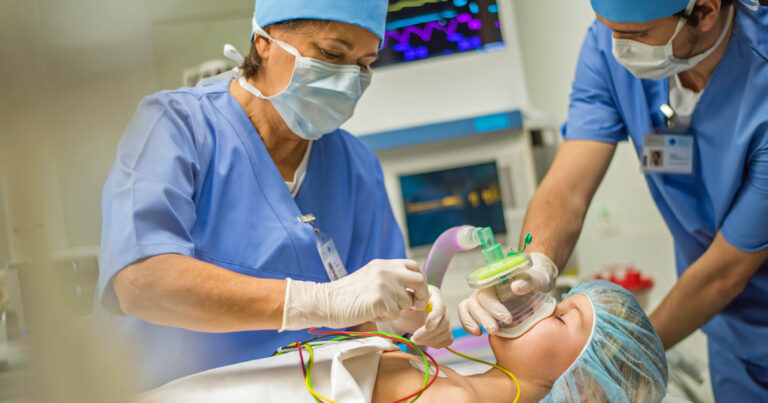CVICU Nurse Career Guide
Looking for a different career guide?
Overview
A Cardiovascular Intensive Care Unit (CVICU) Registered Nurse (RN) plays a crucial role in providing specialized care to patients with severe cardiovascular conditions. These professionals work in a high-pressure environment, caring for patients who have undergone cardiac surgeries, experienced heart attacks, or are in critical condition due to heart-related issues. The CVICU RN's primary objective is to closely
Education
To become a CVICU RN, individuals must first obtain a nursing degree. Typically, this requires completing a Bachelor of Science in Nursing (BSN) program, which takes approximately four years to complete. Alternatively, an Associate Degree in Nursing (ADN) program, which takes around two to three years, may be accepted. Following graduation, aspiring CVICU RNs must pass
Skills
Extensive knowledge of cardiovascular anatomy, physiology and pathophysiology.
Proficiency in interpreting cardiac monitoring and diagnostic tests.
Ability to handle high-stress situations and make critical decisions quickly.
Strong communication and interpersonal skills for effective collaboration with patients, families and healthcare teams.
Attention to detail and excellent documentation skills.
Competence in administering medications and using medical equipment.
Ability to provide emotional support to patients and families during challenging
Responsibilities
The responsibilities of a CVICU RN are diverse and demanding. They include closely monitoring patients' cardiac status, administering medications, assisting with procedures and surgeries, coordinating care with other healthcare professionals, educating patients and families about post-treatment care and advocating for patients' needs. Additionally, CVICU RNs are responsible for accurate documentation, adherence to infection control protocols and maintaining a safe and
Salary Insights
The average salary for a CVICU Nurse is $2,244.42 per week.
Last updated on December 12, 2024. Based on active jobs on Vivian.com.
Pros & Cons
Pros:
Opportunity to make a significant impact on patients' lives and well-being
Exposure to advanced cardiac technologies, treatments and procedures
Continuous learning and professional development opportunities
High-demand profession with strong job prospects
Competitive salaries and potential for career advancement
Collaboration with a diverse healthcare team
Building relationships with patients and families
Sense of fulfillment from providing critical care and saving lives
Cons:
High-stress and emotionally challenging work environment
Long and demanding
Some of the content on this page was enhanced using artificial intelligence.
Join over 1 million healthcare workers that are getting a head start with Vivian.
Join Vivian







